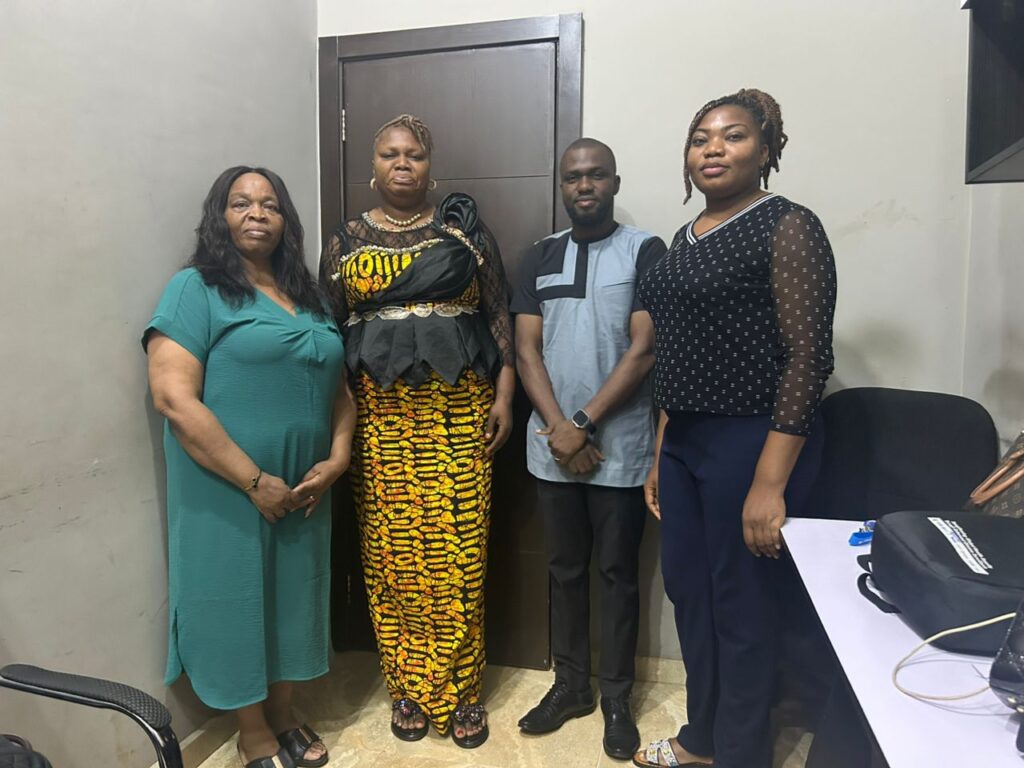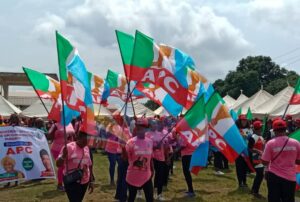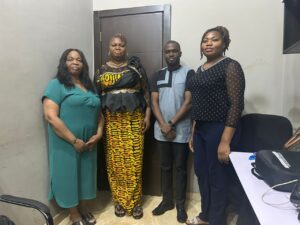ATM Network advocates improved capacity building of nurses, midwives in Anambra

Lawrence Nwimo, Awka
A coalition of health advocates, the ATM Network, has called for regular training and capacity-building programs for nurses and midwives in Anambra State to enhance their skills in managing frontline diseases such as HIV/AIDS, tuberculosis, and malaria.
The group made the call during an advocacy visit to the National Association of Nigeria Nurses and Midwives (NANNM), Anambra State Council, in Awka, the state capital.
Speaking during the visit, ATM Anambra team lead, Mrs Ifeyinwa Unachukwu, appreciated the role of nurses and midwives in frontline disease management, noting that the ATM Network, with support from the Global Fund and NACA, aims to build the capacity of primary healthcare centers to respond to HIV/AIDS, TB, and malaria.

She highlighted the network’s objectives, which include strengthening the welfare of frontline health workers and fostering a strong partnership with NANNM to advocate for improved welfare policies with government structures.
The State Program Officer of the ATM Network, Mr Onyekachi Ololo Samuel, emphasized the need for evidence-based advocacy and policy changes to attract more young professionals to nursing and midwifery, particularly in underserved local government areas.
Responding, the NANNM Anambra Chairman, Comrade Nurse Edith Onwuka, welcomed the ATM Network’s collaborative spirit and expressed willingness to work together to institutionalize regular upskilling of nurses and midwives in both clinical and interpersonal care.
She noted that nurses are often the first point of contact for patients and must be empowered to serve better.
Ikengaonline reports that ATM Network and NANNM Anambra Council agreed to work together to push for policy advocacy on improved staffing, remuneration, and protective equipment for healthcare workers.
They also identified key areas to enhance the healthcare system, including institutionalizing training and retraining programs, mainstreaming gender-responsive services, and improving data management and community-led monitoring reporting.






